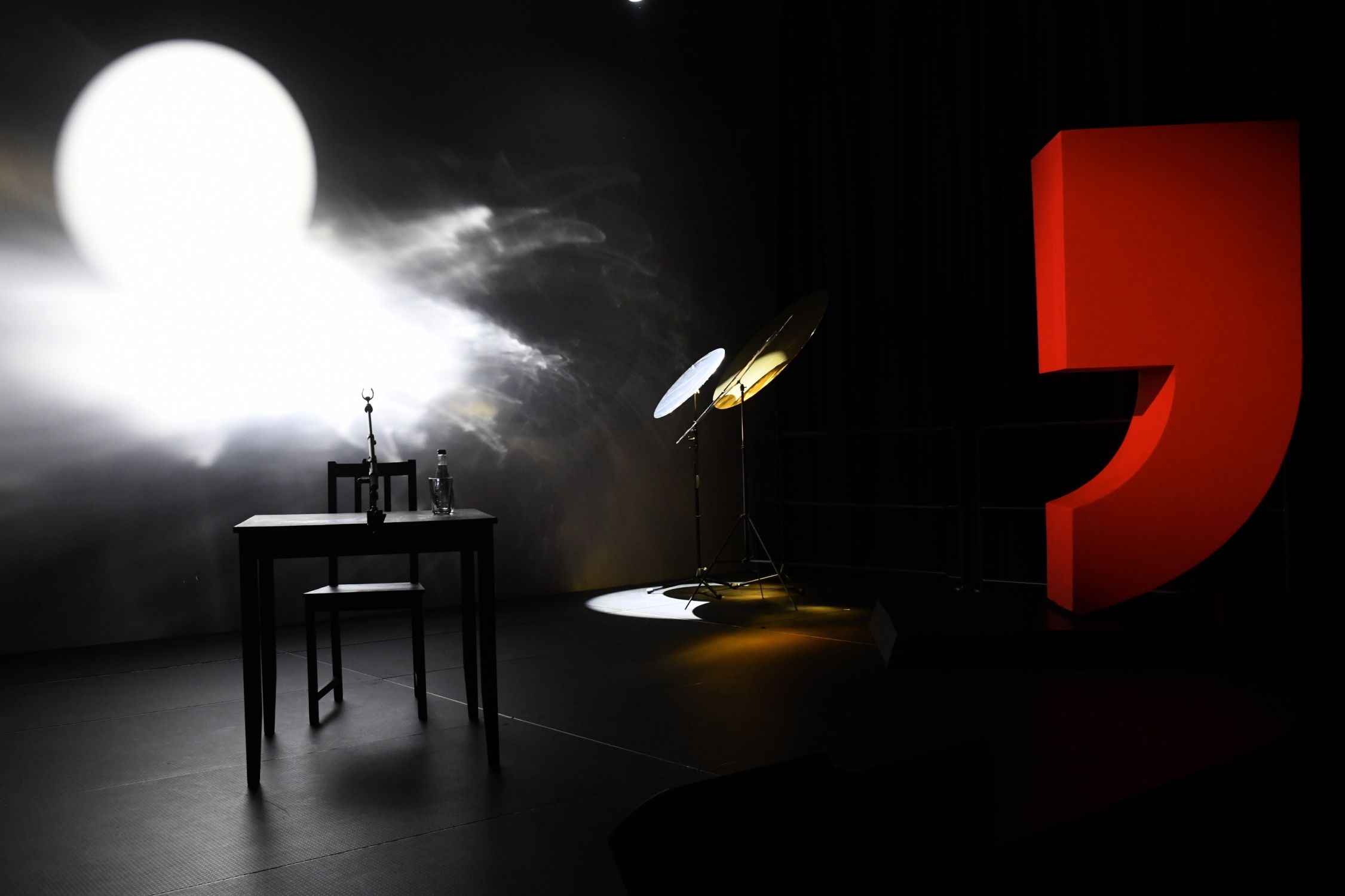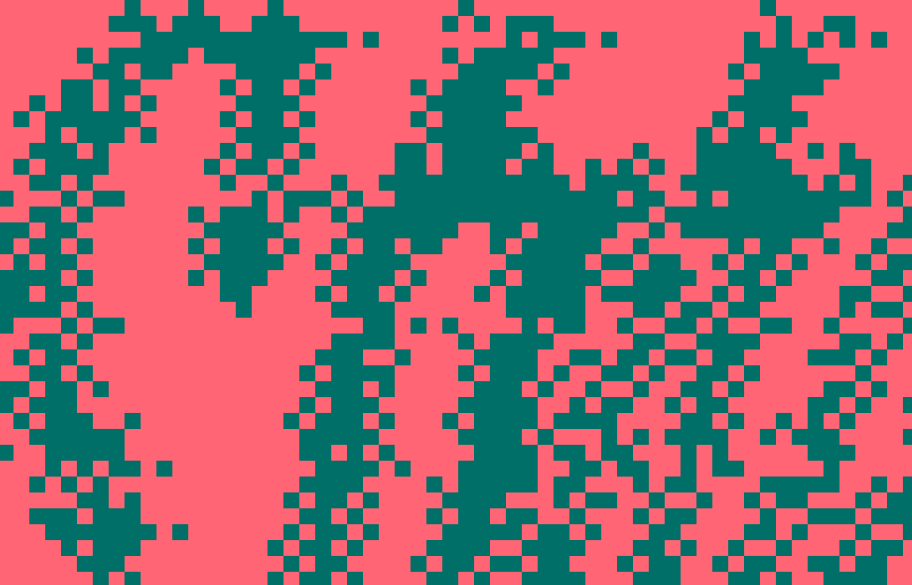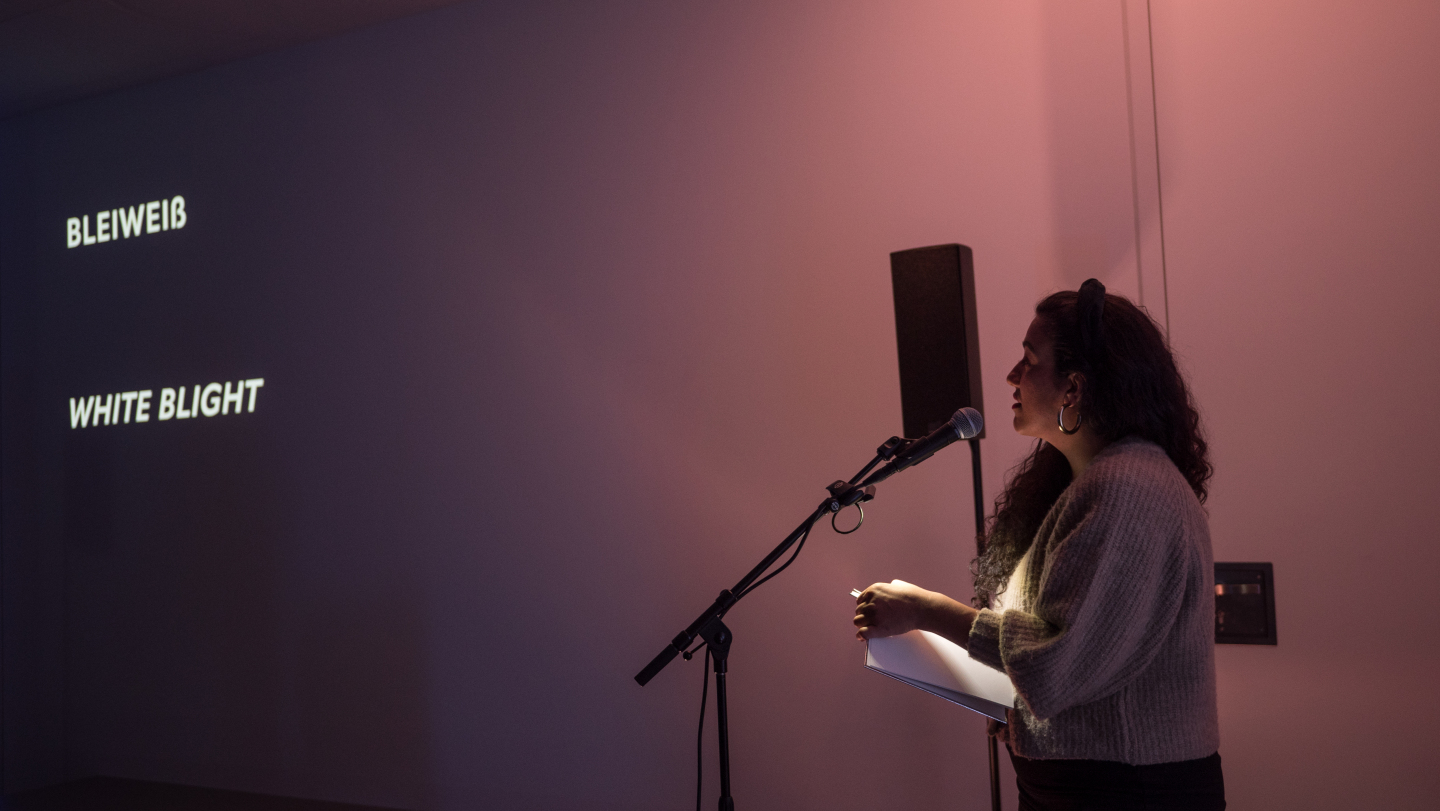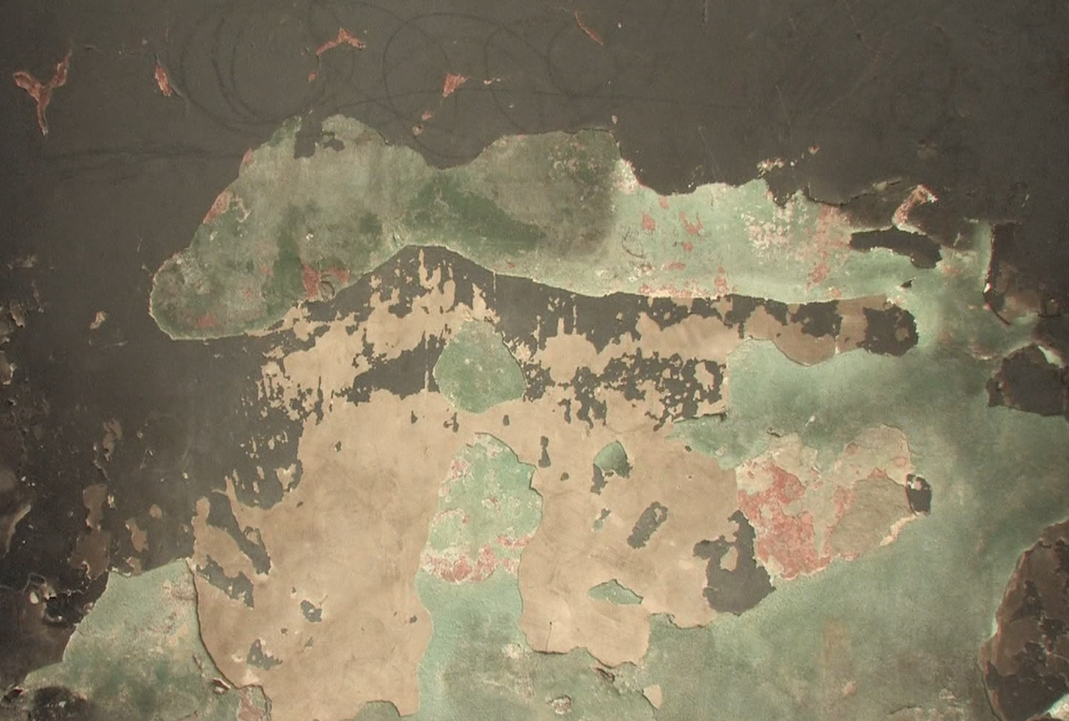Sweden, Literature, 2021
Athena
Farrokhzad
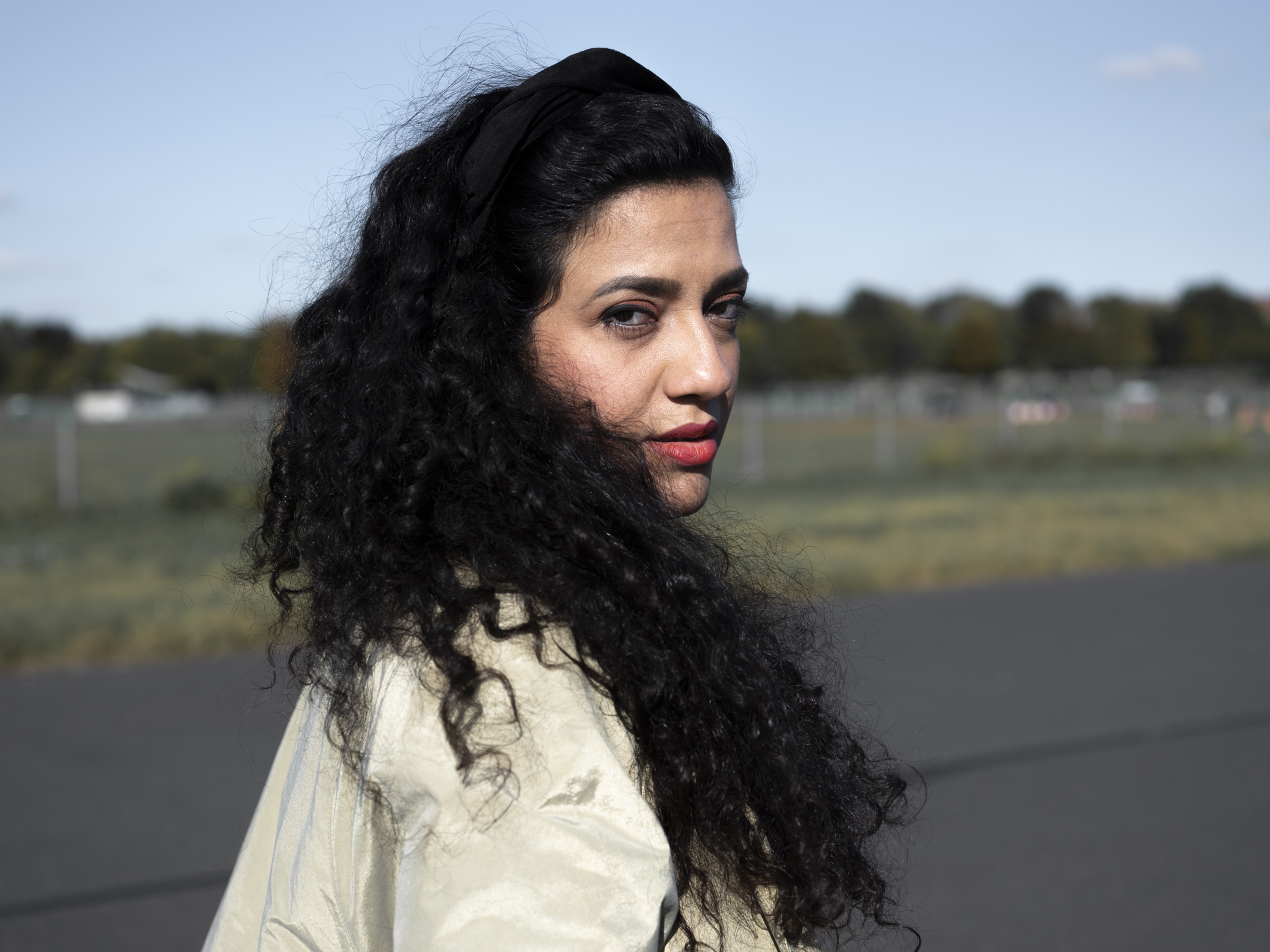
Poet, playwright, translator, and literary critic Athena Farrokhzad was born in Tehran in 1983. Her parents fled the Iran-Iraq war and the persecution of leftists to Sweden—“arriving in a Marxist tradition”—where Farrokhzad grew up. Her first volume of poetry, Vitsvit (2013), first published in Swedish and translated into fifteen languages, brought her extraordinary literary success. Today she is unquestioningly considered one of the most brilliant voices in contemporary Scandinavian literature.
In Vitsvit (English: White Blight, 2015) the author finds deeply evocative tones for elucidating transcultural experiences and pressures to assimilate from the majority white society. Here taking about and discussing war, migration, racism, revolution, and family becomes a necessary form of survival. However, what goes unsaid and unspoken plays a central role:
My mother let bleach run through her syntax
On the other side of punctuation her syllables became whiter
than a winter in Norrland
Reflections on her tool and medium of language are omnipresent in Farrokhzad’s work. On many occasions, she analyzes the fact that migrants, alongside experiencing numerous other humiliations, often must also use the languages of their oppressors in order to articulate their own trauma. With reference to the Antiguan-American writer Jamaica Kincaid, she writes in White Blight:
My brother said: The only language you have to condemn the crime / is the language of the criminal / and the language of the criminal / is a language to justify the crime.
Active in (queer) feminist and anti-capitalist movements since her youth, Farrokhzad has always positioned herself as an “agent of beauty for the revolution,” creating poetic beauty despite (and with) language’s inherent violence, where both the wild and the disturbing as well as the ugly find a place. For Farrokhzad, “this beauty can be translated through touch.” She understands her writing as a collective act, akin to the choreography of a dance ensemble or a play, and sees the reading and translation of other literary voices (including Adrienne Rich and Audre Lorde) as the starting point for her writing.
Accordingly, her latest collection of poems I rörelse (2019) have been inspired by Rich’s poem “North American Time,” by Sweden’s perhaps best-known poem “I rörelse” (Eng. “In Motion”) by lesbian socialist Karin Boye, as well as by “writing commissions” from various political movements. Moving between the individual and the collective, tradition and renewal, Farrokhzad proposes here a new kind of poetry that not only addresses the current advance of fascism and discriminatory capitalist structures but also poeticizes this very political present and helps shape it in its own way. Featured in I rörelse is the long poem “Open Letter to Europe,” which avers (in Jennifer Hayashida’s translation):
Europe, when will you retire?
When will you take off your clothes?
When will you look at yourself through the grave?
When will you be worthy of your millions of guest workers?
Europe, why are your libraries full of tears? (…)
Europe, words can be like very small doses of arsenic.
Text: Rike Scheffler
Translation: Erik Smith


